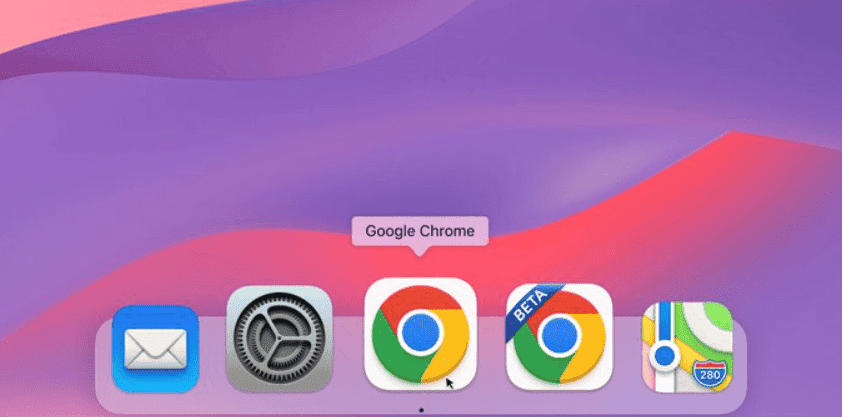Google Chrome browser was first released in 2008. The icon design is a blue circle surrounded by three pinwheel-shaped slices. These three slices are green, yellow, and red colours. Since its inception in 2008 the design has practically remained the same with minor changes. However, since 2014, there has been no tweak to the Chrome logo. Now, the Chrome browser is about to use the latest tweaked icons. Google’s interaction designer, Elvin Hu, shared the new icon design on Twitter. “As some of you may have noticed, there’s a new icon in today’s Chrome Canary update. Yes! For the first time in 8 years, we’ve updated Chrome’s icon. The new icon will start appearing on your device soon,” he said.

According to reports, the new icons remove shadows, optimize proportions and brighten colors. Thus, it simplifies the main brand icons to match Google’s more modern brand expression.

From the actual installation effect, the new icon removes the shadow in the design. However, it still maintains a slight gradient between red, yellow, and green. The icon also doesn’t look exactly the same on every platform.

The Windows version will get a more gradient look to fit Microsoft’s new Fluent UI. However, the Chrome OS version will get a completely solid colour version to match other system icons. On Macs, the icons will have a shadow inside the existing white rounded square.

Elvin Hu said that over the next few months, the new icons will gradually extend to other parts of the Chrome browser.
Google Chrome browser wants to block third-party cookies
Google said in a blog post on March 3 last year that starting in 2022, its Chrome browser will phase out existing third-party cookies technology, a move that will reshape the digital advertising mode of operation. Later, Google pushed this time forward to 2023.
But now, Google is facing a new complaint from Axel Springer, Germany’s largest publisher and advertiser, for the European Union to intervene in the search giant’s plans to ban third-party cookies. The publisher, advertiser, and media group had argued to EU competition chief, Margrethe Vestager that Google was breaking EU law by gradually blocking third-party cookies in its Chrome browser. Meanwhile, they have filed a 108-page complaint with other industry bodies such as the German Federal Association of Digital Publishers.
In the complaint, they argued that Google’s plan to block third-party cookies would hurt their business while allowing Google to collect vast amounts of user data in a way that wouldn’t affect its ad search business. “Online publishers or advertisers should have the right to ask users for their consent to turn cookies on or off, instead of killing them with a stick like Google. Google must respect the relationship between advertisers and users and not interfere,” they said.
In response, Google said: “Many other platforms and browsers have stopped supporting third-party cookies, and Google is the only one to do so publicly and in consultation with technical standards bodies, regulators and industry, while also proposing new alternative technologies”









